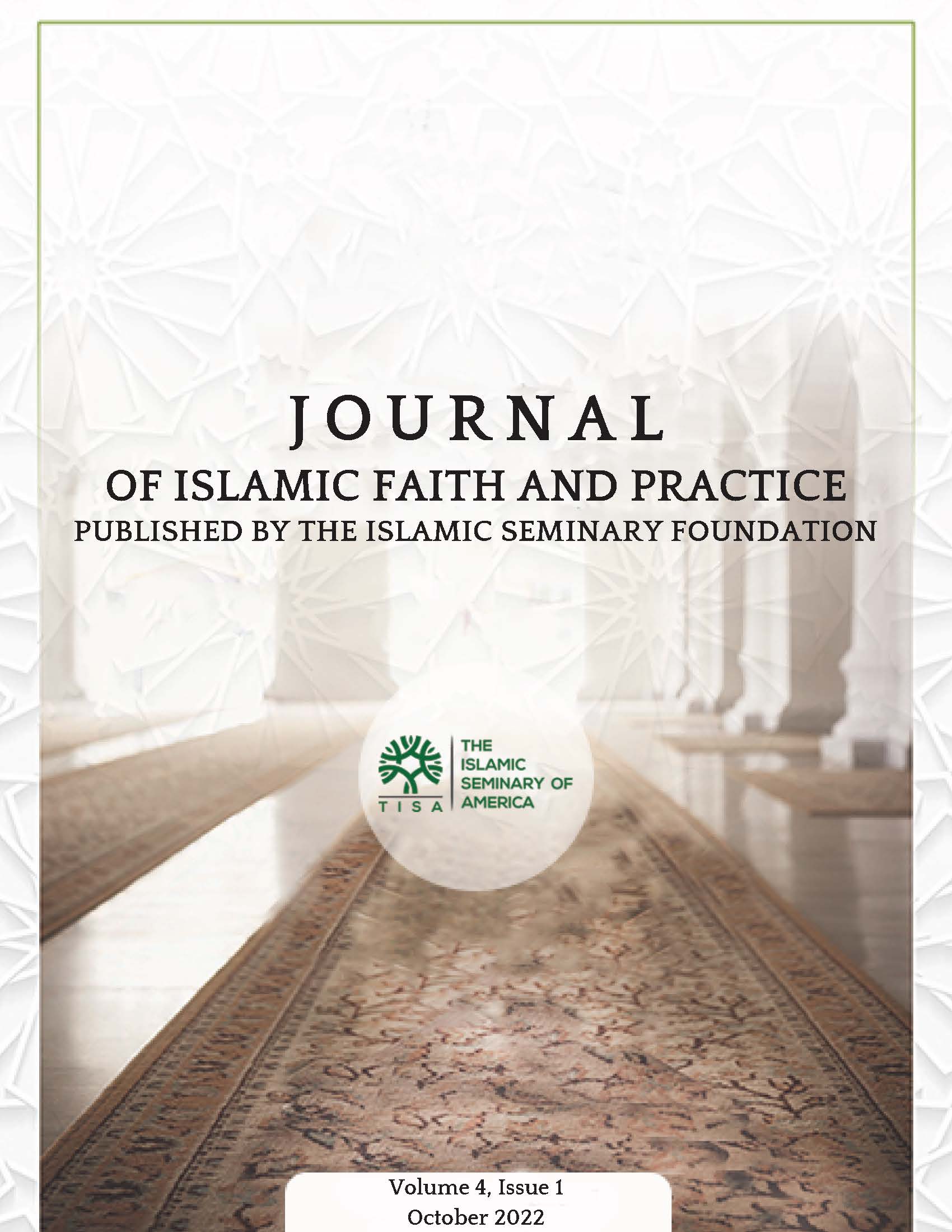Punishment, Child Abuse, and Mandated Reporting
DOI:
https://doi.org/10.18060/26546Keywords:
Islam, child abuse, mandated reporting, corporal punishment, parenting, ethicsAbstract
Child abuse may take multiple forms, such as neglect and physical, emotional, and sexual abuse. In the US, physical abuse is considered a crime and, according to the law, must be reported by those working in numerous professions, among them that of mental health. Failing to report child abuse can have legal and professional repercussions. Corporal punishment (CP), a common disciplinary practice in many cultures and households, may be difficult to distinguish from child abuse. Additionally, perspectives on corporal punishment vary among cultures and may find justifications in religious traditions. Therefore, addressing it in clinical practice is surrounded by ethical and professional challenges.
This paper explores the challenges and ideals of addressing CP and physical abuse according to the perspectives of Islam and professional clinical practice, with a particular focus on the American Muslim context. After exploring the Islamic worldview on parenting and CP, the paper will explore ethical dilemmas facing clinicians with regard to reporting child abuse and offer practical recommendations informed by the Islamic tradition and the existing literature on the topic.

